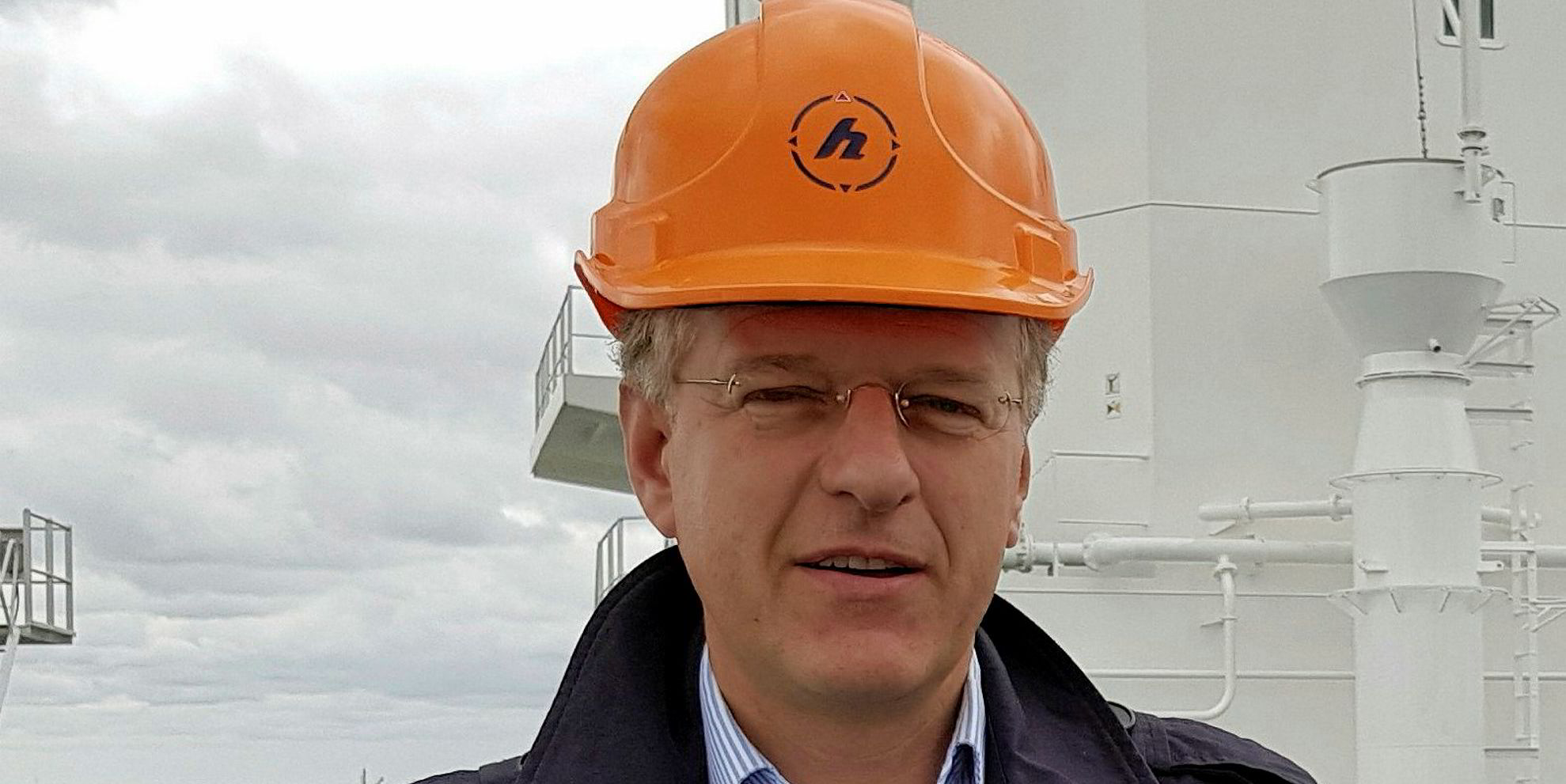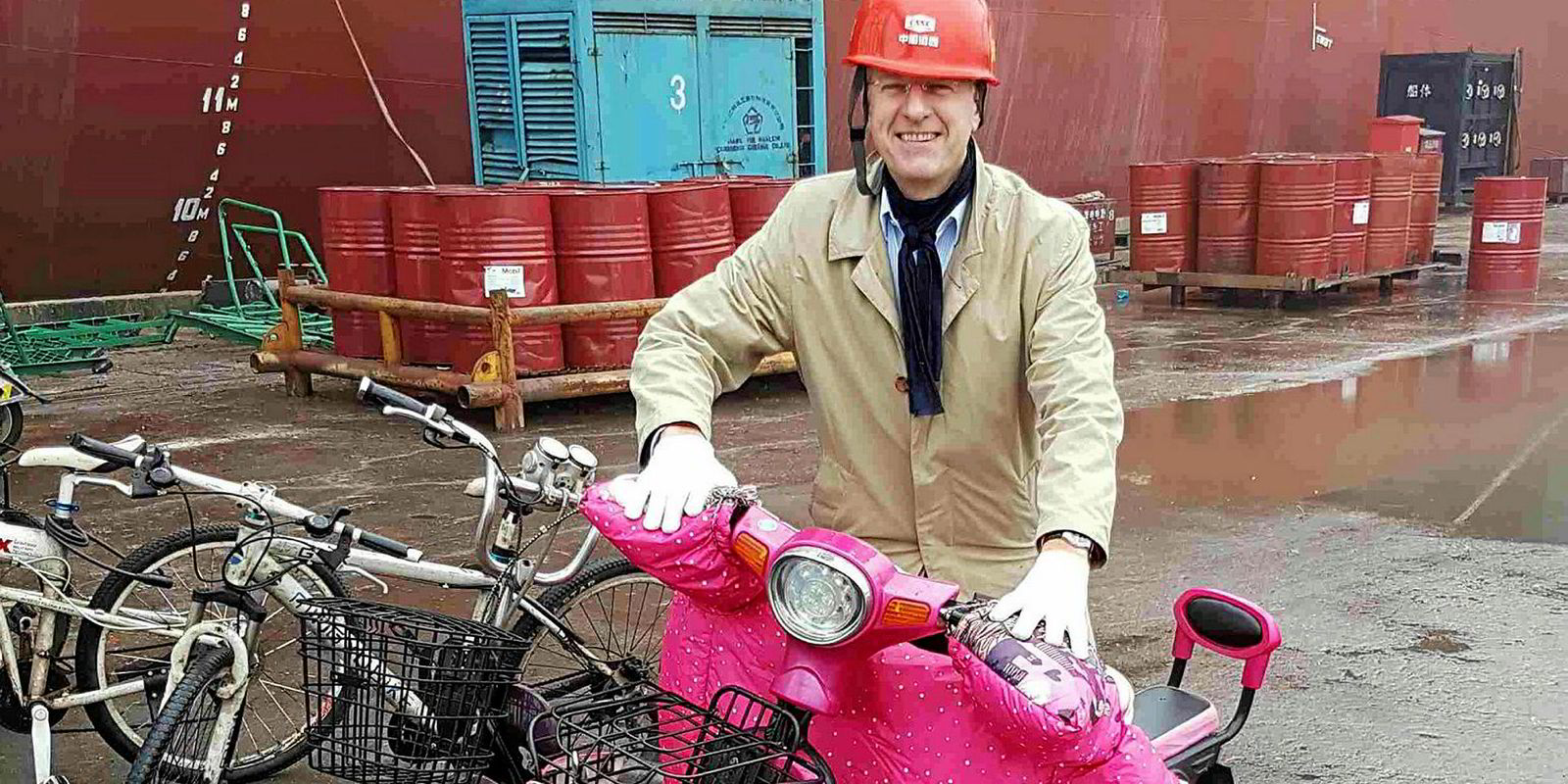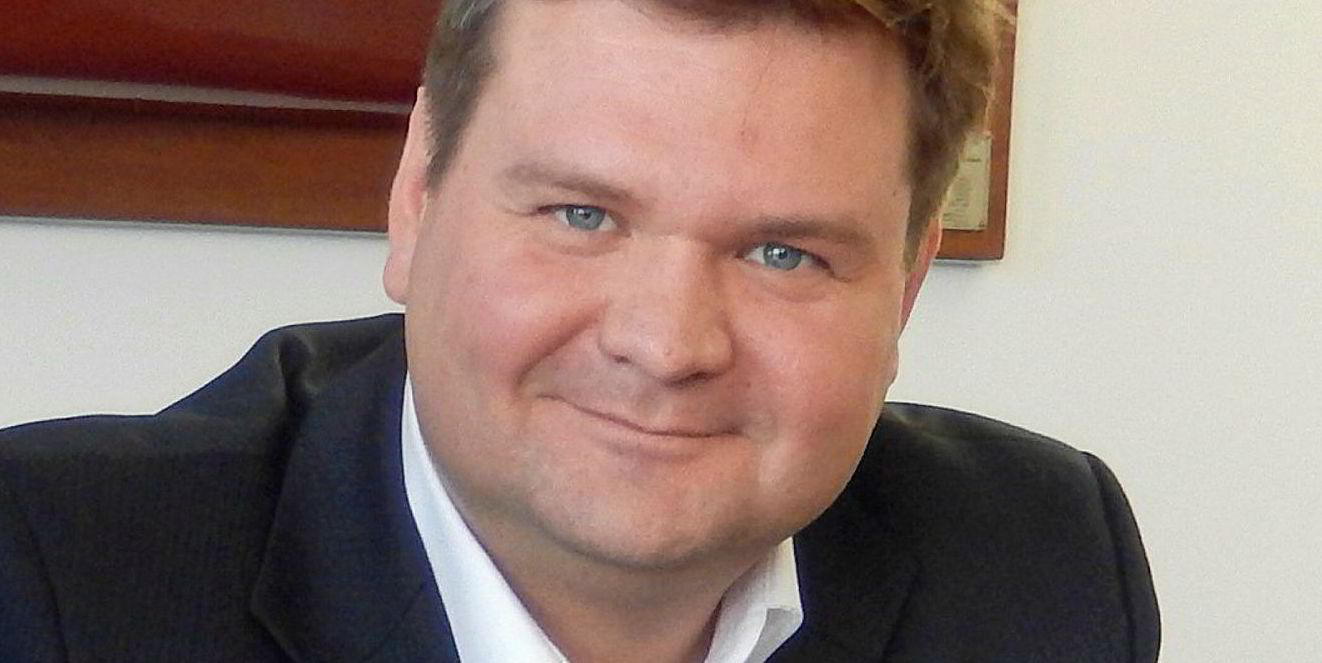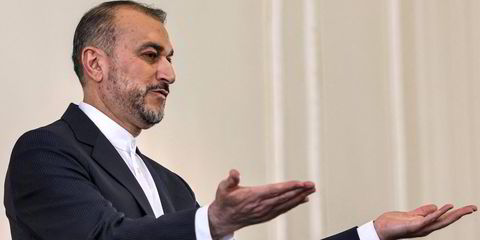Reederei Nord has teamed up with European private equity partners to acquire a pair of eco feederships and is targeting acquisitions in the bulker sector.
The leading German owner has secured a brace of 1,800-teu vessels originally ordered by UK-based Lomar Shipping at Jiangsu Yangzijiang Shipbuilding in China.
The pair have been purchased by Nord together with a European private equity fund that is taking a 50% stake in the ships.
Nord’s ability to make a substantial investment in the vessels itself was attractive to financial partners.
'Skin in the game'
“Private equity partners expect skin in the game — and we are able to do that,” said Nord managing director Kurt Klemme.
The pair have an estimated worth of nearly $50m enbloc.
Klemme said Nord is interested in the newbuilding market for the “discount on modern technology”.
The company, which manages vessels on behalf of the Oldendorff family and third-party interests, is keen to invest in modern tonnage in anticipation of a rebound in container and dry shipping markets.
“IMO 2020 is around the corner and we think there will be an upswing in the market. And newbuildings will take too long now,” he said.
Klemme expects IMO 2020 will benefit the container feeder market for the next two or three years.
It is also looking to grow its bulk carrier stable through modern acquisitions of smaller bulkers, such as handysizes and ultramaxes. That comes alongside talks to boost its bulker pool by as many as 30 vessels.
The former Lomar feeder containerships are scheduled for delivery in September and November and are valued at around $23.5m, according to estimates from MSI Horizon.
Lomar was reported to have paid around $22m each when it ordered nine 1,774-teu wide-beam Bangkokmax vessels in three instalments between mid-2016 and mid-2017.
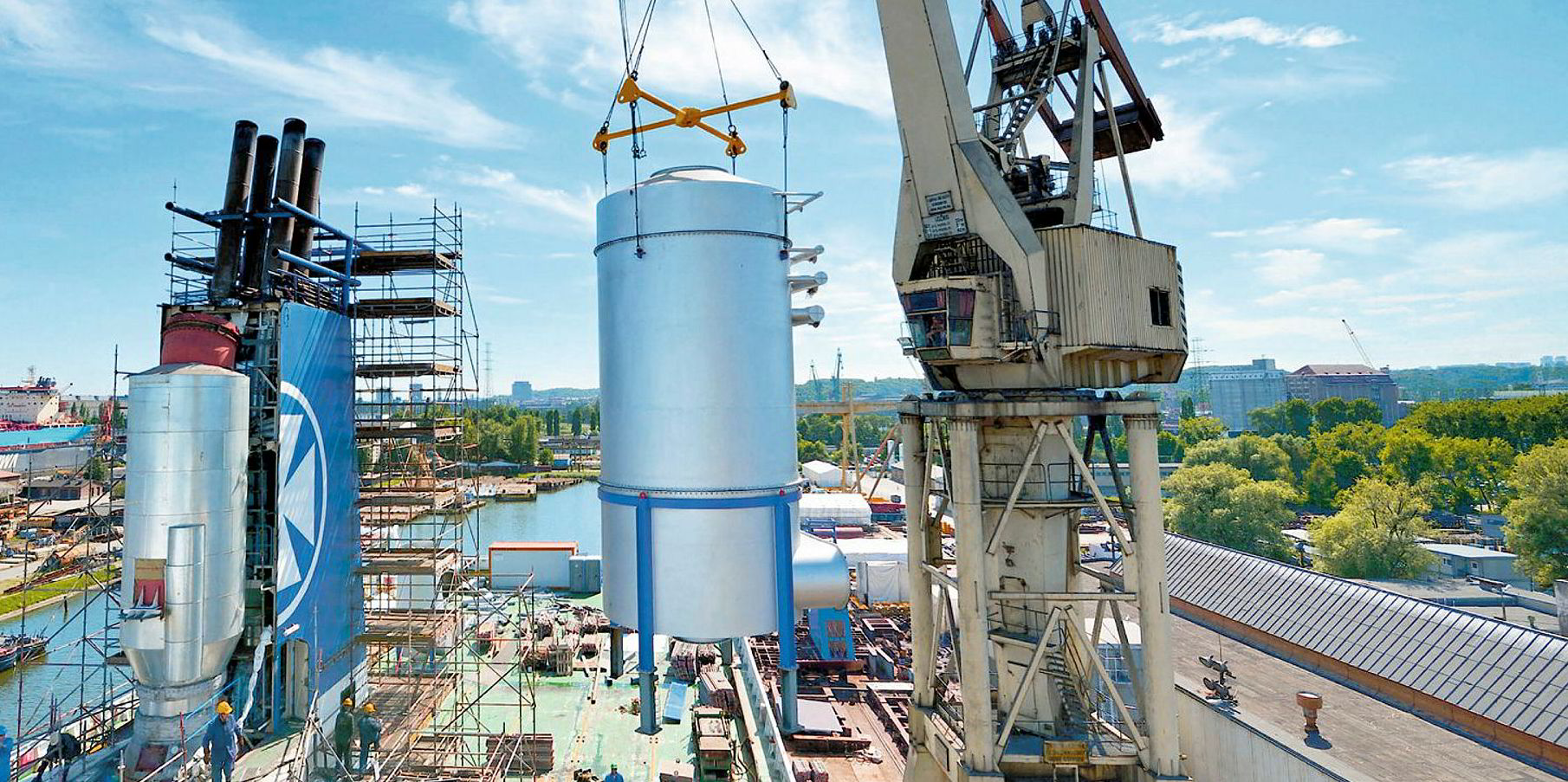
The two ships will join Nord’s fleet of around 54 vessels, spanning VLCCs, aframax tankers, chemical and product carriers and bulkers. It includes 26 containerships from 1,700 teu to 3,500 teu.
The former Lomar ships seem to replace two feederships of 1,700 teu that Nord ordered at Zhejiang Ouhua Shipbuilding. That order was cancelled in the second quarter of 2018 as the yard collapsed into bankruptcy.
The latest containerships will be chartered by Hanseatic Unity Chartering, the Hamburg and Singapore-based chartering unit established by Nord and four shipowning partners.
Klemme said that Nord has ruled out installing scrubbers on its vessels, despite considering them for its 2,500-teu ships.
He said that charterers did not want to commit to long-term fixtures or were not prepared to pay a bonus to split the fuel savings.
“The whole scrubber story for smaller ships doesn’t work,” said Klemme.
He argues that scrubbers only make sense for large tonnage such as capesizes, suezmaxes and containerships over 6,000 teu.
That is based on Nord’s estimation that a vessel needs to consume at least 15,000 tonnes of heavy fuel oil (HFO) a year to get the investment in two or three years.
This calculation is based on a $250 spread between high sulphur fuel and ultra-low sulphur fuel.
However, Klemme rules out scrubbers as a viable option for tankers up to aframax size, as well as for smaller ultramax bulkers and classic panamax boxships.
“Waiting is just a safer option,” he said. But if necessary, scrubbers could be installed at a later date when they would likely be cheaper, he added.
Dry bulk push
Nord said it will restrict its interest to handysize and ultramax bulkers as concerns around the future of the coal trade mean it will steer clear of kamsarmax tonnage.
These could be operated with 11 of Nord’s vessels that operate in the 18-strong Hanseatic Unity Handysize Pool together with Peter Dohle Schiffahrts as well as vessels to be added from Deutsche Afrika-Linien/John T Essberger Group.
The partners are exploring ways of taking on new members from outside of Germany in order to expand the pool to a fleet of around 30 ships.
But Klemme believes the key for the family-owned company is diversifying its fleet. “Diversification is the only way forward in shipping,” he said.
Nord has sufficient equity invested in the tanker sector and would only expand further in tandem with private equity partners, said Klemme.
Its investments include the 106,000-dwt Nordsymphony (ex-TH Symphony, built 2008), acquired for $43m in February, from Nissin Kaiun, with whom it operates the N2 Tankers aframax pool.
